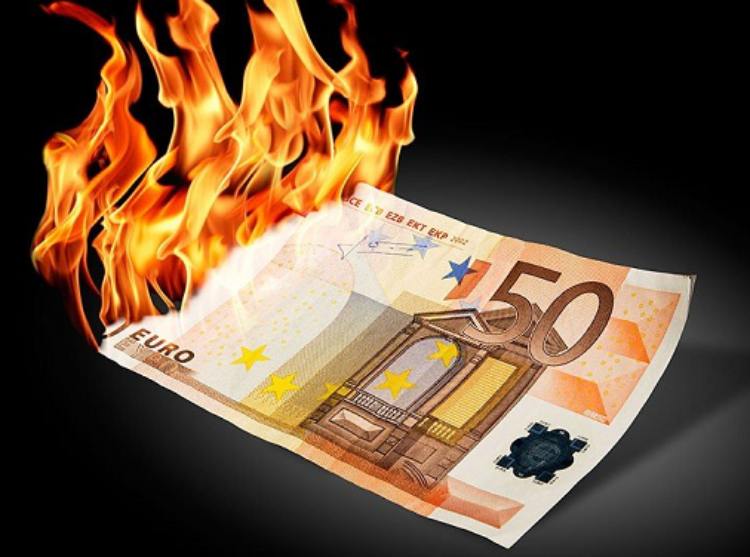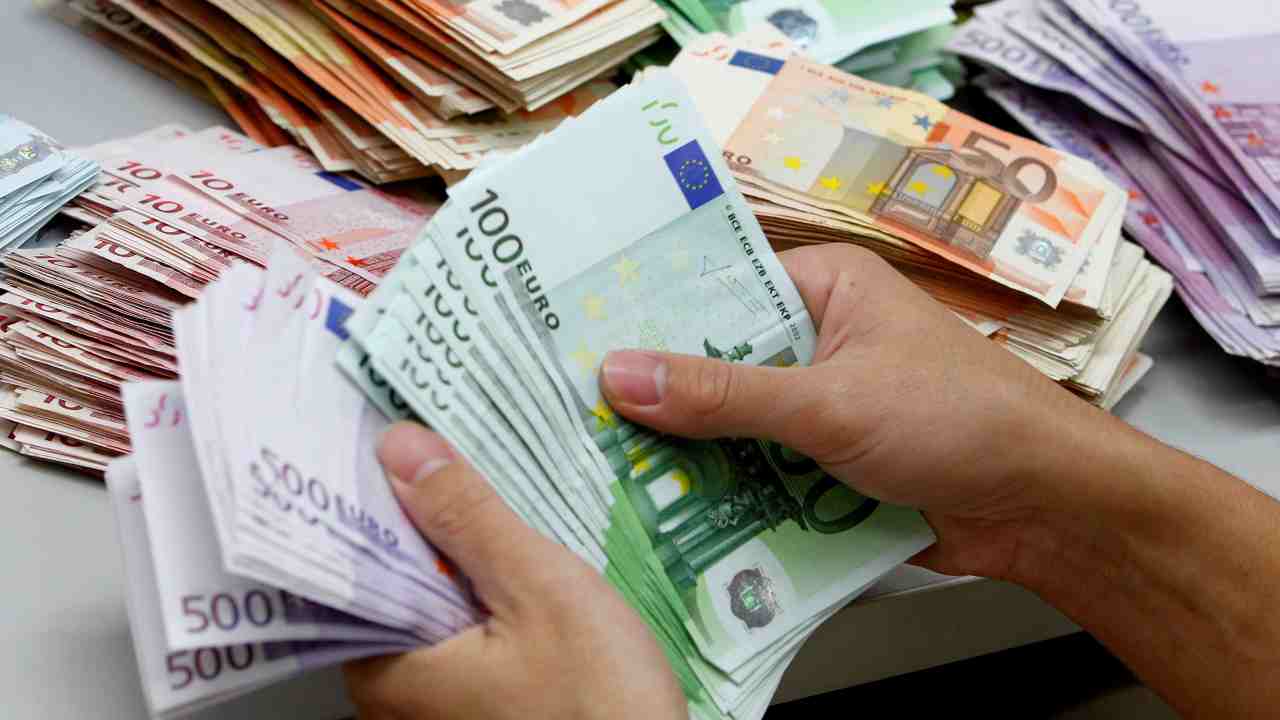The pandemic has led many people to seek savings, putting their money safely in current, real estate accounts. However, leaving the money in your checking account is not as safe as it seems.
Following the problems created by the pandemic for the Italian (and world) economy, many Italians have played defensively with their savings, locking them safely in a current account to be able to save while waiting for better times. Are we sure it’s the right choice? Not exactly. In the sense that a large amount of immovable money in a checking account is less secure than it appears. The money that remains immobile in the current account is subjected to the pressure of management costs and taxes that slowly erode the amount of money deposited. One of the most problematic taxes you have to watch out for when choosing to secure your money is stamp duty.
Read also: Electricity and gas, how to protect yourself before the increases in January
Stamp duty on current accounts will be a particular problem with the arrival of the new year, which will bring a real blow to all savers. This is because the tax will be withdrawn forcibly from the current accounts of Banco Posta account holders on an annual basis. The tax will therefore be paid automatically through a forced withdrawal from those current accounts with an average annual balance of more than 5,000 euros on postal and bank current accounts. The amount of the new tax, introduced with the Save Italy Decree, will be € 34.20 for individuals and € 100 per year for legal entities. As regards the stamp duty on the deposit account, on the other hand, for individuals the annual amount of the tax is from 1 to 2 per thousand of the invested sum. For legal persons, the maximum ceiling is 14,000 euros.
Read also: Citizenship Income 2022, new checks to receive the check

The new tax must therefore be paid by all account holders who have an average balance on their current account of € 5,000 or more. It goes without saying that all those who have an average stock lower than this figure are excluded from payment. The alternatives for not having to pay the tax are different. For example, you might think of close your current account and open another one with free stamp duty. It should also be noted that the tax must not be paid if the balance is in red, i.e. zero. Those excluded from bank and postal charges are also entitled to exemption from stamp duty, in the presence of an ISEE with a maximum value of 7,500 euros.
–


